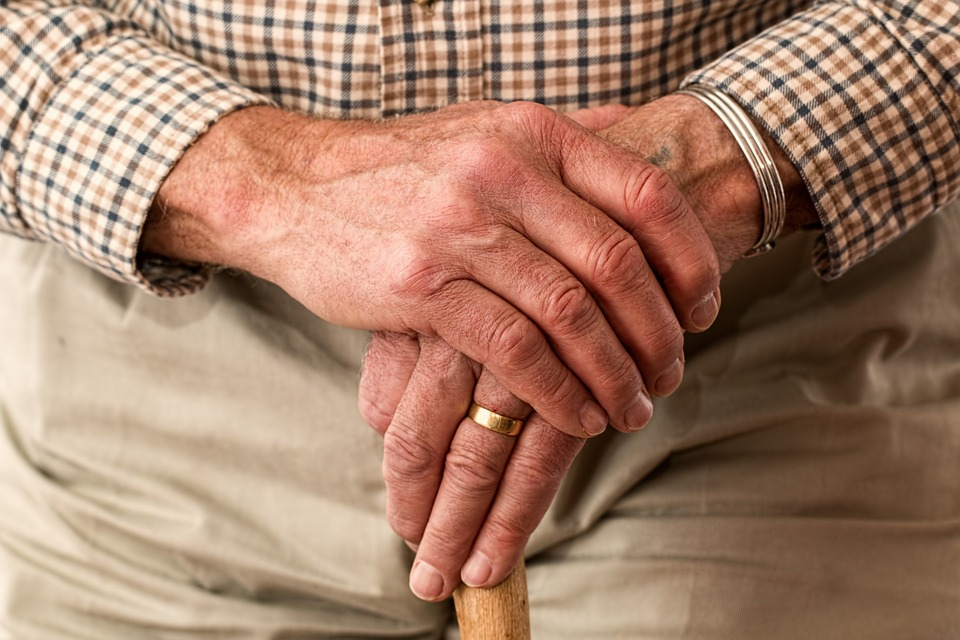We all know how important it is for the quality of health and social care to be monitored at all times.
So today we’re going to look at what the Care Quality Commission (CQC) does in England, and how they’re an essential source of information for anyone deciding which care homes to approach. Note: in Wales the relevant body is the Care and Social Services Inspectorate.
In an earlier post, we looked at ‘How To Talk To Ageing Parents About Retirement Living & Care’, so here we’re going to look a little further in-depth regarding how to source information.
A good point here before we get started, is that it’s ideal if you can do this type of research together with the person who is considering moving. Although this may not always be possible, if it is, it’s a good way to help develop further trust with your family member.

Image Credit
Helping you decide
The Care Quality Commission provide us with an independent service, that has easily accessible information on health and social care groups across England.
They provide an essential transparency when it comes to the standard of care being provided, and most importantly: their findings are always published.
From here you can view and download the entirety of their inspector’s report, and or just review how the service has rated across five main categories which are:
Safety
Effectiveness
Care
Responsiveness
Service leadership
These categories are then rated on four levels - "outstanding", "good", "requires improvement" and inadequate. There is also a fifth ‘no rating/under appeal/rating suspended’ level, if the inspection is under review.

Image credit
Informative and honest
The regulator covers a wide range of care homes, from those that have been running for many years, to those who are more recently established, like Porthaven, who have been providing care since 2010.
In cases like this, the care home group work together with the Care Quality Commission, even providing details on the accountable people from the inspections, so it’s easy to reference names and possible contacts.
In touch with NHS practices
Another important part of what the CQC does is link their inspections with current trends in NHS trusts.
Their 2016 report on these services, called: Learning, candour, and accountability, provides an excellent insight into how thorough their approach is when it comes to relaying objective, and unbiased reports.

Image credit
Face to face advice
If you’re considering any type of health care, there can often be many questions that you’d rather just ask in person. However, many of us are familiar with how this can be easier said than done.
The CQC understands this well, and provides an extensive list of local groups that you can get in touch with, as well as the further option to join their online community, depending on which ways you find it most convenient to communicate.
So the good news is that it’s now easy to source a range of information on a care home, from the service themselves, as well as the people who inspect their work.
This can help to create peace of mind when it comes to making important decisions with your loved ones, and getting the most balanced point of view.
So today we’re going to look at what the Care Quality Commission (CQC) does in England, and how they’re an essential source of information for anyone deciding which care homes to approach. Note: in Wales the relevant body is the Care and Social Services Inspectorate.
In an earlier post, we looked at ‘How To Talk To Ageing Parents About Retirement Living & Care’, so here we’re going to look a little further in-depth regarding how to source information.
A good point here before we get started, is that it’s ideal if you can do this type of research together with the person who is considering moving. Although this may not always be possible, if it is, it’s a good way to help develop further trust with your family member.
Image Credit
Helping you decide
The Care Quality Commission provide us with an independent service, that has easily accessible information on health and social care groups across England.
They provide an essential transparency when it comes to the standard of care being provided, and most importantly: their findings are always published.
From here you can view and download the entirety of their inspector’s report, and or just review how the service has rated across five main categories which are:
Safety
Effectiveness
Care
Responsiveness
Service leadership
These categories are then rated on four levels - "outstanding", "good", "requires improvement" and inadequate. There is also a fifth ‘no rating/under appeal/rating suspended’ level, if the inspection is under review.
Image credit
Informative and honest
The regulator covers a wide range of care homes, from those that have been running for many years, to those who are more recently established, like Porthaven, who have been providing care since 2010.
In cases like this, the care home group work together with the Care Quality Commission, even providing details on the accountable people from the inspections, so it’s easy to reference names and possible contacts.
In touch with NHS practices
Another important part of what the CQC does is link their inspections with current trends in NHS trusts.
Their 2016 report on these services, called: Learning, candour, and accountability, provides an excellent insight into how thorough their approach is when it comes to relaying objective, and unbiased reports.
Image credit
Face to face advice
If you’re considering any type of health care, there can often be many questions that you’d rather just ask in person. However, many of us are familiar with how this can be easier said than done.
The CQC understands this well, and provides an extensive list of local groups that you can get in touch with, as well as the further option to join their online community, depending on which ways you find it most convenient to communicate.
So the good news is that it’s now easy to source a range of information on a care home, from the service themselves, as well as the people who inspect their work.
This can help to create peace of mind when it comes to making important decisions with your loved ones, and getting the most balanced point of view.







